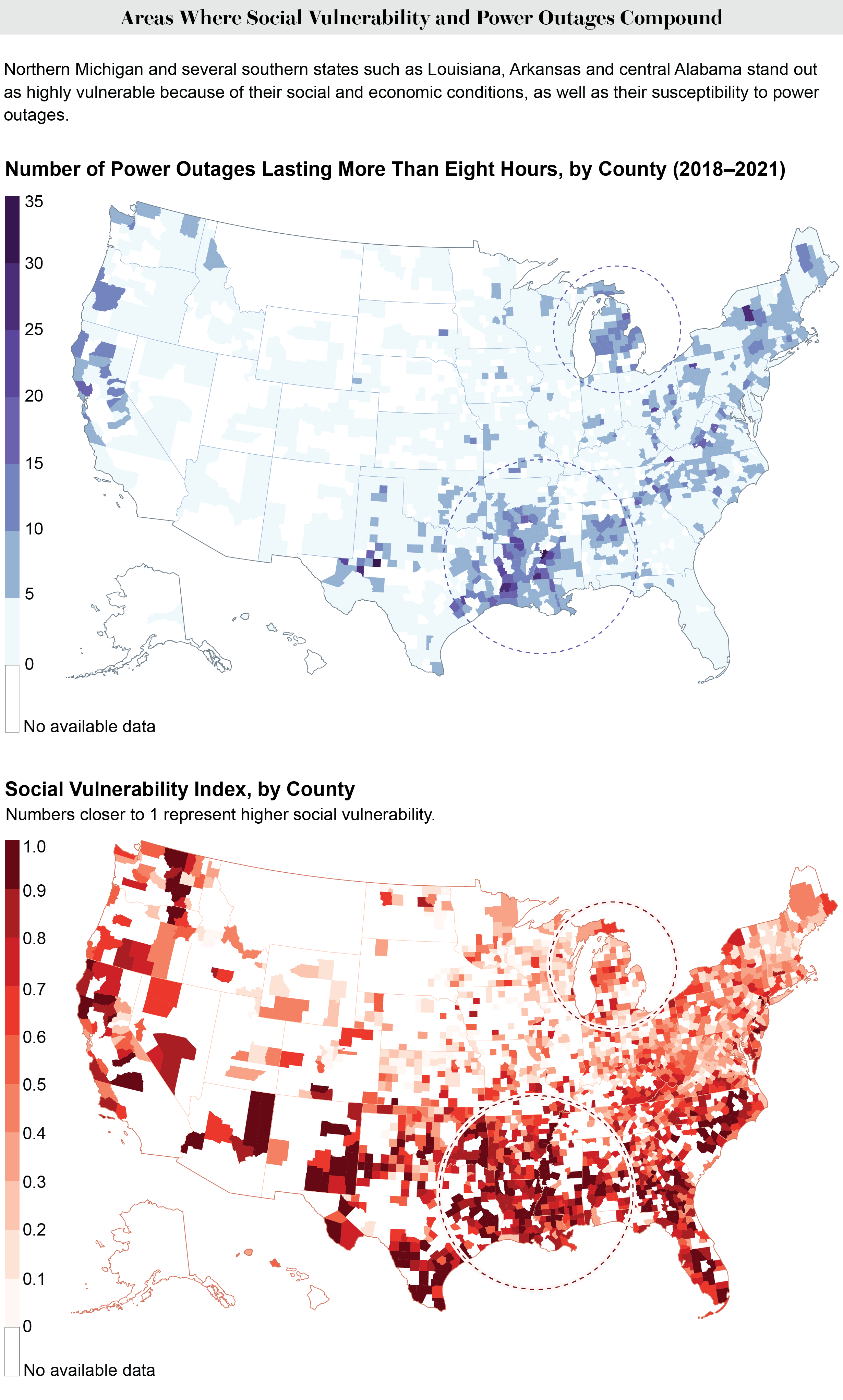Could a single point of failure cripple the infrastructure of entire nations, leaving millions in the dark and plunging economies into disarray? The unprecedented power outage that swept across Spain and Portugal on April 28, 2025, served as a stark reminder of our dependence on electricity and the vulnerability of our interconnected systems.
The events of that day, which also impacted areas of France and Andorra, unfolded with a swiftness that left authorities scrambling to understand the root cause. At precisely 10:34 UTC, a cascade of failures began, quickly escalating into a widespread blackout that brought transportation to a standstill, shuttered businesses, and disrupted the daily lives of millions. Airports were disabled, train stations ground to a halt, and traffic lights flickered and died, plunging major cities into a state of near-paralysis.
| Incident | Details |
|---|---|
| Date | April 28, 2025 |
| Time (UTC) | 10:34 |
| Affected Regions | Spain, Portugal, France (parts), Andorra |
| Duration (Approximate) | 11 hours in Spain; varying across regions |
| Impact | Widespread disruption to transportation, commerce, and essential services. Airports, train stations, and traffic lights disabled. Retail businesses forced to close. |
| Reported Cause (Initial) | Fault in the Spanish electricity grid (according to Portugal's electrical grid operator) |
| Cities Affected | Madrid, Lisbon, and other major cities and regions in Spain and Portugal. |
| Authorities Deployed | Approximately 30,000 police officers deployed across Spain to maintain order. |
The initial response was one of confusion and uncertainty. Portugal's electrical grid operator swiftly pointed fingers at a fault in the Spanish electricity grid, a statement that underscored the interconnected nature of the European power network. However, as hours turned into a full day, the precise origin of the failure remained elusive. Authorities in both Spain and Portugal launched investigations, but definitive answers proved difficult to come by.
The outage’s impact was felt far and wide. In Portugal, the capital city of Lisbon, along with surrounding areas and regions in the north and south, experienced significant disruptions. Even homes in the French Basque Country were briefly without power, a testament to the scope of the event and the interconnectedness of the energy grids. Airports across the affected regions were crippled, stranding travelers and disrupting international travel. Train services ground to a halt, leaving commuters and tourists stranded. Traffic lights failed, turning major roads into chaotic grids of stalled vehicles.
The human cost of the blackout was significant. Beyond the inconvenience of daily life, there were concerns about public safety. With traffic lights out, emergency services faced challenges in responding to incidents. Businesses were forced to close, leading to economic losses and disruptions in commerce. The disruption also extended to essential services, raising concerns about the availability of medical care and other critical infrastructure.
As the hours passed, the focus shifted from immediate crisis management to the search for answers. The debate about the cause intensified. Initial speculation ranged from technical failures within the grid itself to the possibility of external factors. However, as investigations progressed, authorities were able to rule out some potential causes, including cyberattacks, which had been a concern in the wake of increasing digital infrastructure vulnerabilities.
The recovery process was gradual. Power was slowly restored to various cities and regions over a period of hours, with the outage lasting approximately 11 hours in Spain, and varying durations across other areas. As power gradually returned, the focus turned to assessing the long-term consequences and implementing measures to prevent similar events from happening again. This incident, which stranded Mr. Hughes, also triggered chaos across Spain and Portugal. The massive power cut also impacted Andorra and parts of France, from about midday local time (10:00 GMT).
The aftermath of the power outage underscored the fragility of modern infrastructure and the importance of robust emergency preparedness. The event prompted questions about the resilience of the power grid, the effectiveness of contingency plans, and the need for greater international cooperation in managing critical infrastructure.
The deployment of 30,000 police officers across Spain during the outage reflected the seriousness of the situation. With essential services disrupted and the potential for unrest, maintaining order became a paramount concern. The police presence was a visible reminder of the need for stability and security during a crisis, highlighting the crucial role of law enforcement in safeguarding communities.
The incident also highlighted the complexity of the modern energy landscape. The European power grid, like other similar systems worldwide, is a highly integrated network, with electricity flowing across borders and dependent on a complex web of interconnected components. This interconnectedness, while offering benefits in terms of energy security and efficiency, also creates vulnerabilities. A failure in one part of the grid can quickly cascade and affect other regions, emphasizing the need for robust systems and well-defined emergency protocols.
The event served as a catalyst for a wider discussion about energy policy, grid modernization, and the resilience of critical infrastructure. Policymakers, energy companies, and cybersecurity experts began to reassess existing strategies, examining ways to improve the robustness and security of the grid, enhance emergency response capabilities, and protect against potential threats.
The lessons learned from the April 28, 2025, power outage would undoubtedly shape the future of energy infrastructure and crisis management. The experience served as a wake-up call, reminding the world of its dependence on reliable electricity and the potential consequences of systemic failures. It underscored the necessity of proactive measures, investment in grid resilience, and international collaboration to ensure a more secure and sustainable energy future for all.
As the investigations progressed, the challenge was to find the real reason for the cascade of failures. Whether the outage was caused by a technical malfunction, a cyberattack, or a combination of factors, understanding the root cause was critical. The ultimate goal was not just to identify the source of the initial failure but also to learn from the experience and prevent similar incidents from happening again. This involved a comprehensive review of grid operations, cybersecurity measures, emergency response procedures, and international collaboration mechanisms.
The power outage served as a reminder of the importance of continuous monitoring, maintenance, and investment in the aging infrastructure. It also highlighted the need for robust emergency response plans, including effective communication protocols and coordination mechanisms. The event demonstrated the critical need for public education and preparedness, empowering citizens to react safely during a crisis.
The response to the power outage demonstrated the interconnectedness of the European Union, which prompted the need for international cooperation. The coordination between Spain, Portugal, France, and other affected nations was vital. The European Union's role in facilitating information sharing, resource allocation, and joint investigations was essential to a comprehensive and coordinated response.
The incident exposed the vulnerability of essential services, prompting a renewed focus on how to protect these services. From healthcare facilities to communication networks, all of these services rely on power. Protecting these services during the outage helped minimize the impact and ensure the well-being of citizens. This may require investing in backup power systems and improving the security of critical infrastructure.
The power outage had a lasting impact on the economy and society. It led to economic losses for businesses, interrupted supply chains, and disrupted daily life for millions of people. The incident underscored the importance of building a more resilient and reliable energy system to protect the economy from future disruptions. The lessons learned from the outage were used to guide energy policy, investment, and emergency response strategies.
The April 28, 2025, power outage was a complex event with far-reaching consequences. It exposed the vulnerabilities of the grid, the need for emergency preparedness, and the importance of international cooperation. It also served as a catalyst for a broader conversation about the future of energy, grid modernization, cybersecurity, and the resilience of critical infrastructure. The lessons learned from this event will continue to shape energy policy, investment, and emergency response strategies for years to come.



